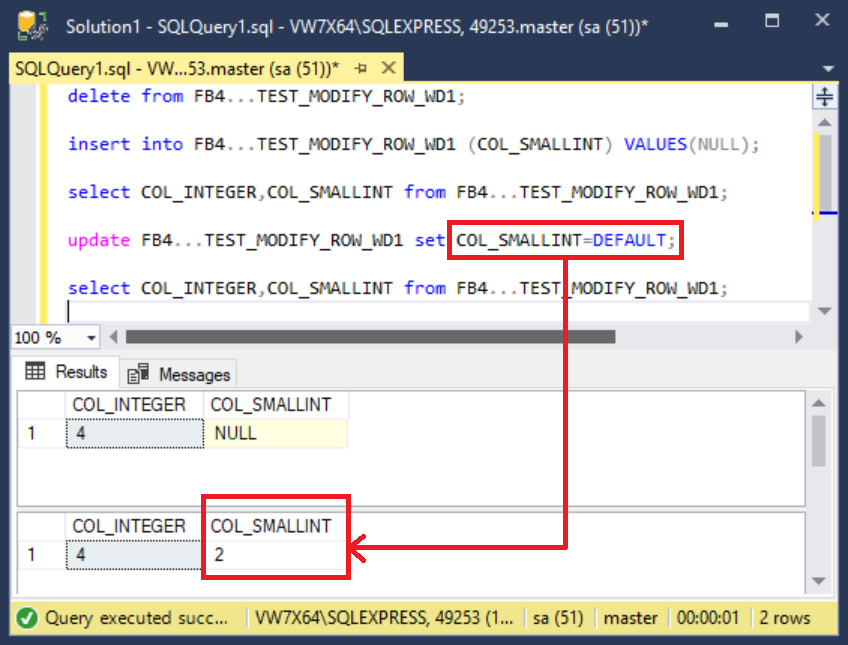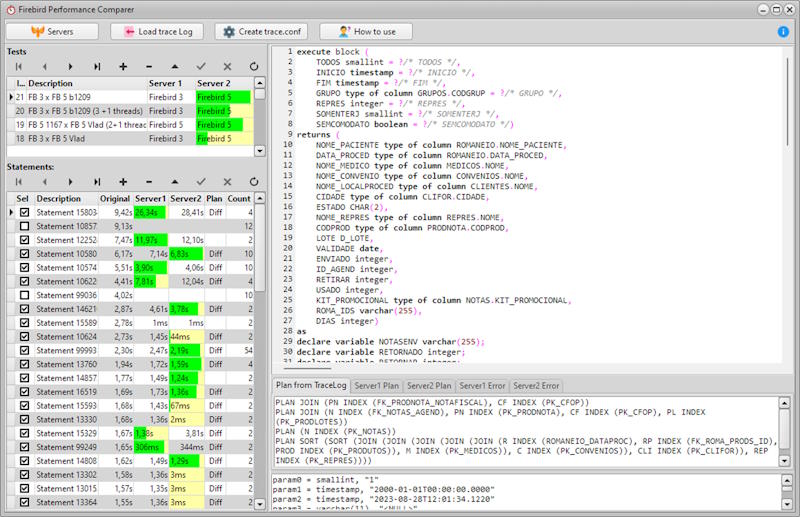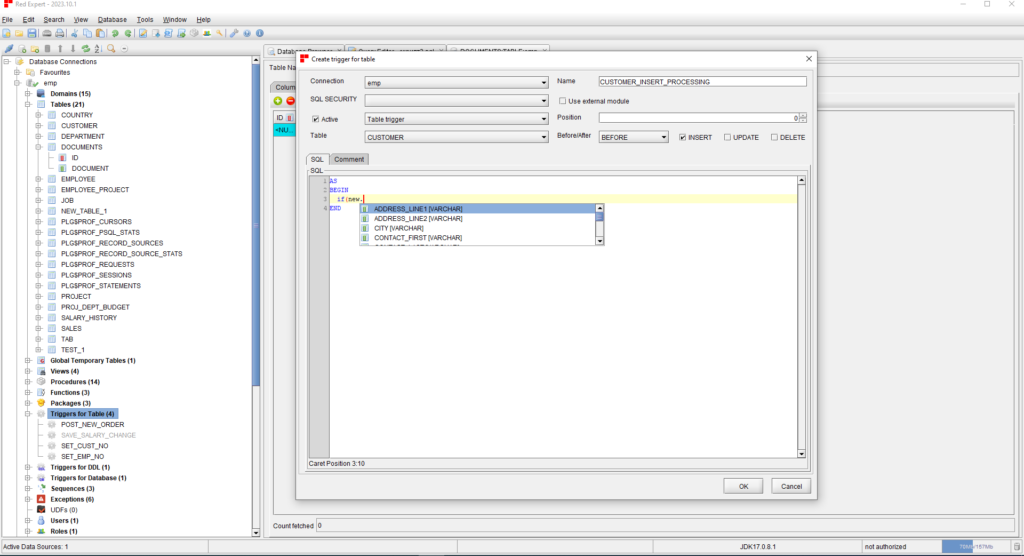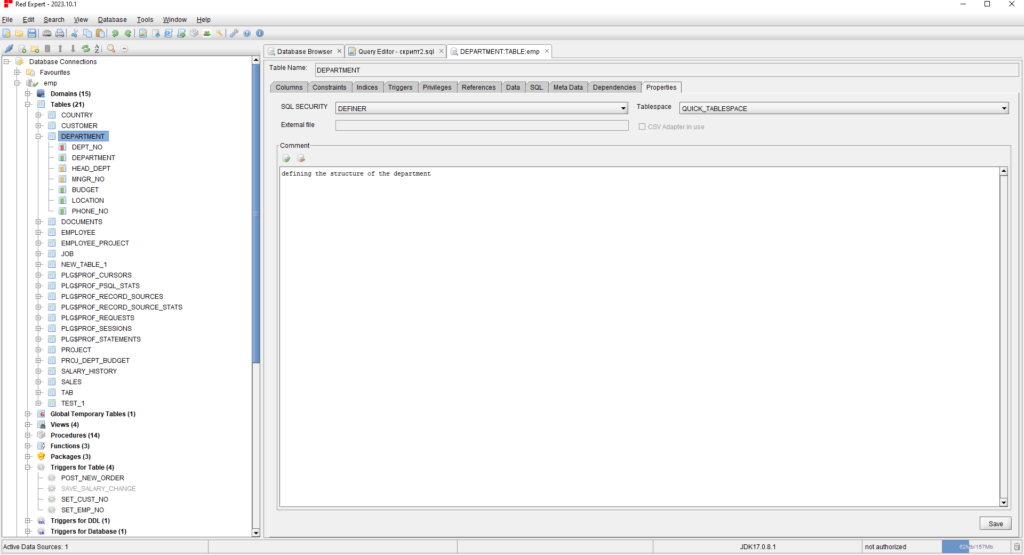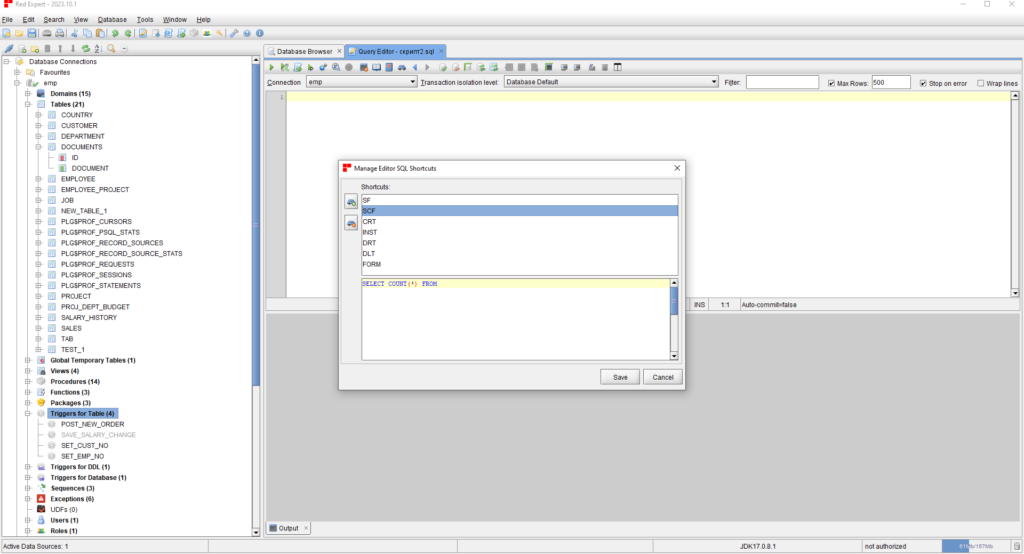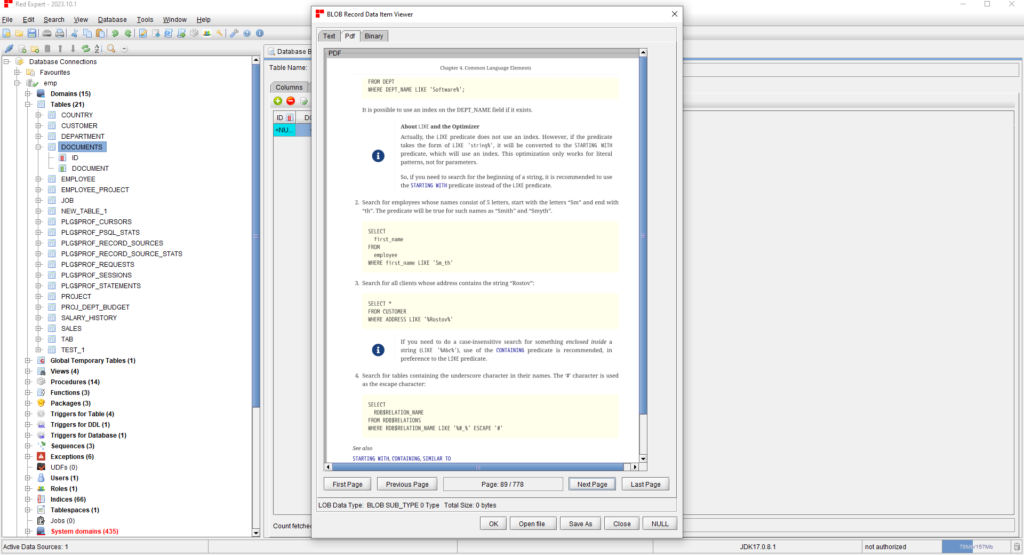HQbird 2024 is released
We are glad to announce that HQbird version 2024 is released!
HQbird is advanced distribution of Firebird, with many improvements in the areas of performance, high availability, development, and more. It is intended for large enterprises and development companies with many Firebird installations, offering performance, protection from various threats, and mass maintenance.
Version 2024 introduces support of Firebird 5, and continue to support versions 4.0, 3.0, 2.5, with various improvements in the engine, high availability, tooling, and encryption.
HQbird is 100% compatible with Firebird, no need to perform backup/restore, you can install HQbird in trial mode in parallel with vanilla Firebird, and switch between instances.
The detailed list of HQbird features which improves Firebird can be found here, and below there are the biggest improvements of version HQbird 2024:
- Replacing queries “on the fly”
- Plugins for performing external connections with ODBC and MySQL
- Streaming/Change Data Capture with ready-to-use Kafka plugin, and plugin-building framework.
- Automation support to work with many databases on the server (for clients with SaaS model), with ability to create “replica server”
- Multi-instance support, which makes migration process from old Firebird versions much easier. HQbird 2024 is also integrated with Mass Migration Framework
- Automatic correction of firebird.conf configuration in case of erroneous configuration.
All features are described here.
HQbird v2024 has 2 licenses (click here to see purchasing options):
- Per server, suitable for small and medium companies, US$899/server
- Unlimited License, for large enterprises and software development companies, cost US$13465/year for unlimited number of installations.
Download HQbird v2024 here.
Customers with support contracts, subscriptions, or recent maintenance purchases (within the last 13 months), as well as customers who bought HQbird in the last 30 days, will get free upgrades in the next 10 days.

